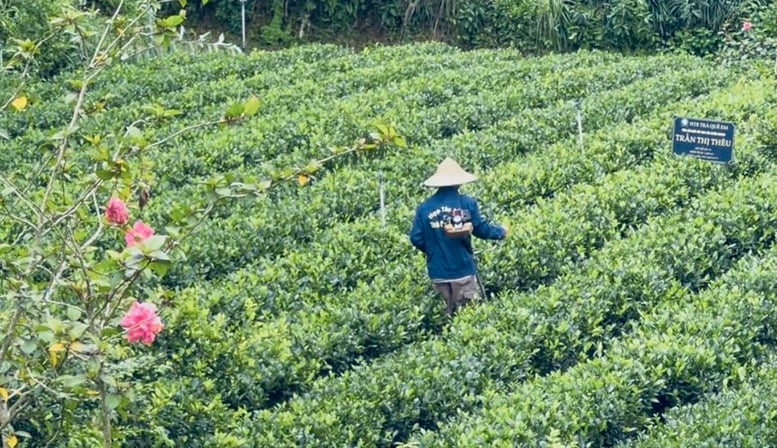
Tea production will bring in nearly VND15,000 billion in value by 2025 in Thai Nguyen - Photo: VGP/Do Huong
Room for development of Thai Nguyen tea industry
Thai Nguyen currently has more than 23,500 hectares of tea, with fresh tea bud output reaching nearly 300,000 tons/year, equivalent to 55,000 tons of dry tea, bringing in a value of nearly 15,000 billion VND by 2025.
Districts such as Dai Tu, Dong Hy, Pho Yen and Phu Luong are key tea growing areas. In particular, Dai Phuc commune (Dai Tu) with more than 1,260 hectares of tea, aims to achieve an output of 31,000 tons of fresh tea buds, worth more than VND1,200 billion/year by 2030.
Thai Nguyen tea stands out with its high-quality products, from ancient Shan Tuyet tea to Tan Cuong tea, which are protected by trademarks in 6 countries and territories (USA, China, Japan, Russia, Korea, Taiwan). The whole province has 207 OCOP-certified tea products, including 10 5-star products. Tea exports reach more than 5,000 tons/year, mainly to the Middle East, North America, Eastern Europe and Asia, with prices ranging from 1,500-2,000 USD/ton.
However, the Thai Nguyen tea industry still faces many challenges. Household production accounts for a large proportion, the scale of cooperatives and enterprises is still small, and the value chain is not closely linked. Processing technology and the application of science and technology are still limited, leading to low added value. Vietnamese tea, including Thai Nguyen tea, is often sold under foreign brands, causing the export value to not be commensurate with its potential.
Thai Nguyen tea industry is facing many great opportunities. The global tea market is forecast to reach 37.5 billion USD by 2025, with increasing demand for organic tea, premium tea and healthy products. Free trade agreements such as CPTPP and EVFTA open up opportunities to access the EU, US and Japanese markets with preferential tax rates. Thai Nguyen's ecological advantages, with midland terrain, soil rich in iron and manganese minerals, cool climate (20-23°C), high humidity and few storms, create ideal conditions for tea plants to grow, bringing a characteristic flavor of "bitter at first, sweet aftertaste".
Digital transformation is also an important driving force. Models such as traceability using Blockchain technology, trade promotion via e-commerce platforms and digital brand promotion are being promoted. In addition, the development of eco-tourism associated with tea regions, such as the "cloud tea" model in Ha Giang or experiential tours in Tan Cuong, opens up opportunities to increase economic and cultural value.
In Thai Nguyen, Kim Thoa Tea Cooperative (Dai Phuc Commune) is a typical example of sustainable development. Established in 2022 with a charter capital of 600 million VND, the cooperative manages 5 hectares of VietGAP tea, producing 88 tons of fresh tea buds/year, processing 6 tons of dried tea, achieving revenue of 1 billion VND. Kim Thoa tea products are certified with 4-star OCOP, with a clean production process, strictly managed from planting to processing, meeting market demand for safe, high-quality tea.
Not only Kim Thoa Tea Cooperative is following this production direction, to achieve the goal of a billion-dollar tea industry, Thai Nguyen is focusing on converting varieties and sustainable cultivation, typically replacing old tea varieties with new varieties such as LDP1, TRI 777, expanding the area of organic tea (currently only reaching 80 hectares) and VietGAP (nearly 18,000 hectares). Along with that, promoting deep processing such as investing in technology to process matcha, black tea, tea extract, tea essential oil to diversify products and increase added value.
The province also promotes cooperation between farmers, cooperatives and businesses, ensuring stable raw material areas and consistent quality. Applying digital transformation by expanding growing area codes, tracing origins using Blockchain, and promoting trade through e-commerce platforms.
Thai Nguyen also focuses on developing tea tourism such as building eco-tourism spots, homestays, and tea culture experiences in Tan Cuong, Dai Phuc, and Phu Dinh.
On July 30, 2025, the People's Council of Thai Nguyen province passed Resolution No. 08/2025/NQ-HDND, stipulating 11 policies to support the development of the tea industry, with an estimated budget of VND 523 billion for the period 2025-2030. Notable policies include:
The province supports 100% of the cost of buying tea seeds and 70% of the cost of buying organic fertilizers for the first year.
Support 100% of the cost of the first VietGAP certification (up to 6 million VND/ha) and organic certification (up to 60 million VND/ha). Support 70% of the cost of organic fertilizers and biological pesticides within 3 years of conversion.
Support 50% of the cost of purchasing tea processing machinery (maximum 500 million VND/machine, 2 billion VND/facility) and 70% of the cost of water-saving irrigation systems (maximum 300 million VND/facility).
The province will support 30-60 million VND/3-5 star OCOP product, 100% of the cost of traceability stamps, packaging (maximum 200 million VND/facility) and 50% of the cost of participating in domestic and international fairs.
Ecotourism development will be supported with 100% of the cost of establishing a tourism project (maximum 200 million VND/location) and 70% of the cost of building infrastructure, accommodation facilities, and traditional cuisine restaurants (maximum 10 billion VND/location).
With ecological advantages, long-standing brands and strong support policies, Thai Nguyen tea industry is facing a great opportunity to reach international level. Combining sustainable production, digital transformation, deep processing and tourism development will help Thai Nguyen turn the "first famous tea" into a billion-dollar industry, bringing sustainable economic benefits and affirming its position on the world tea map.
Do Huong
Source: https://baochinhphu.vn/de-nhat-danh-tra-thai-nguyen-truoc-thoi-co-tro-thanh-nganh-hang-ty-usd-102250807104730901.htm



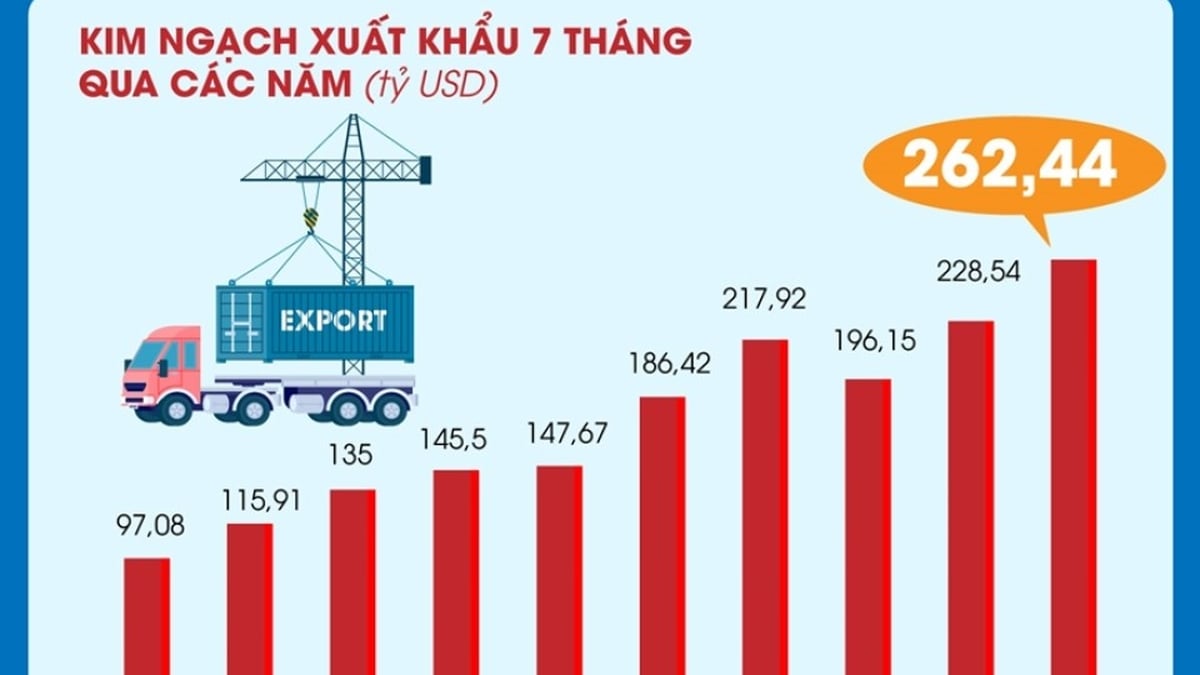




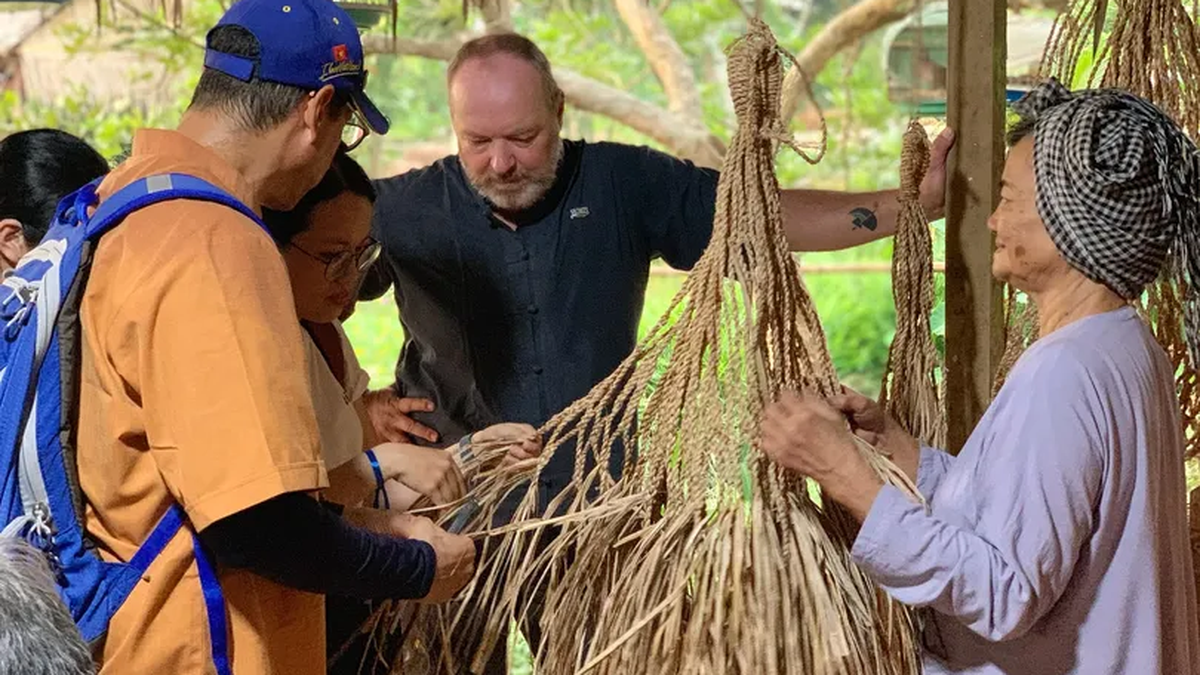


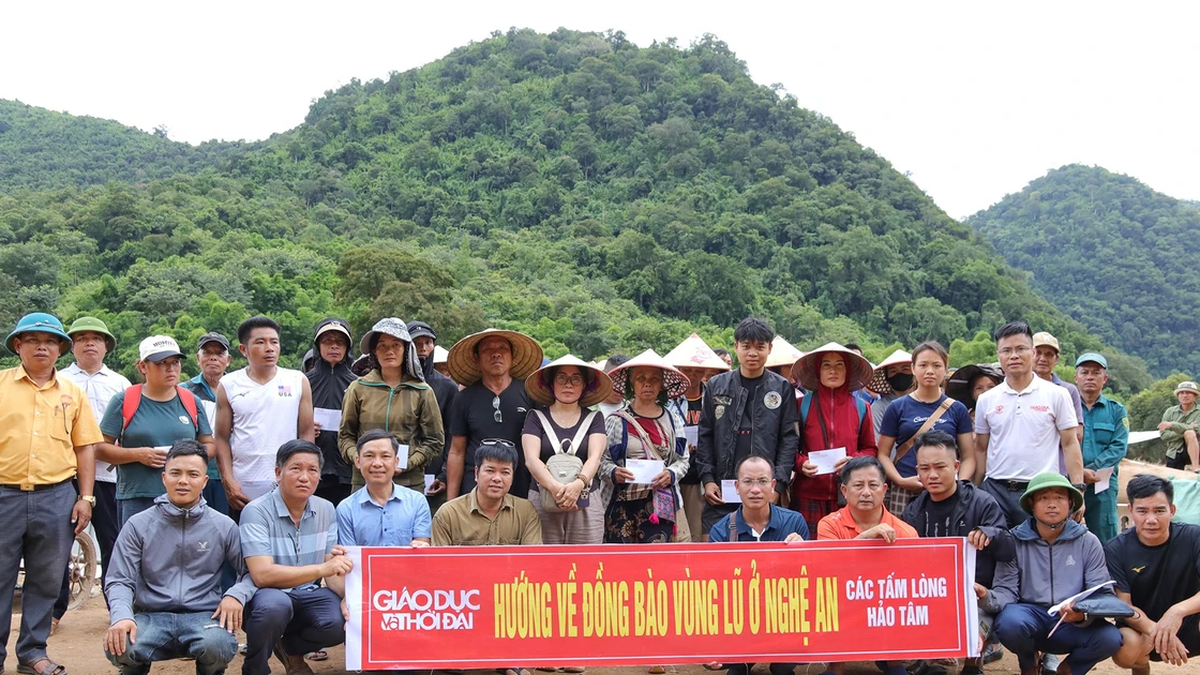











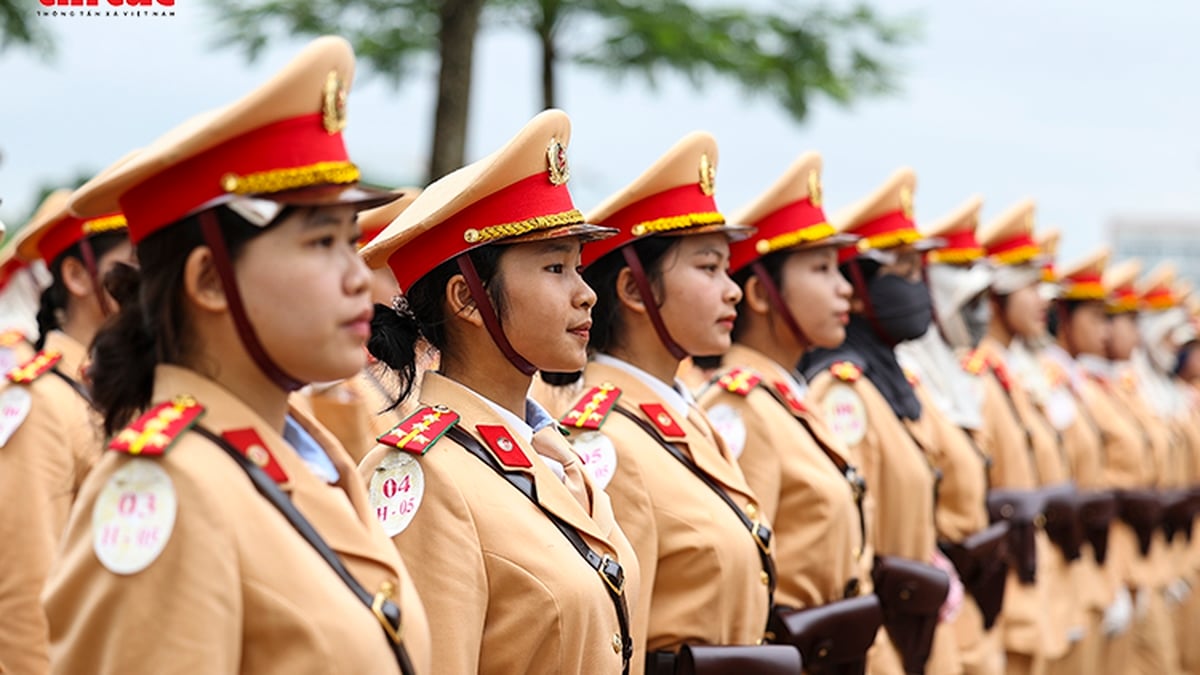

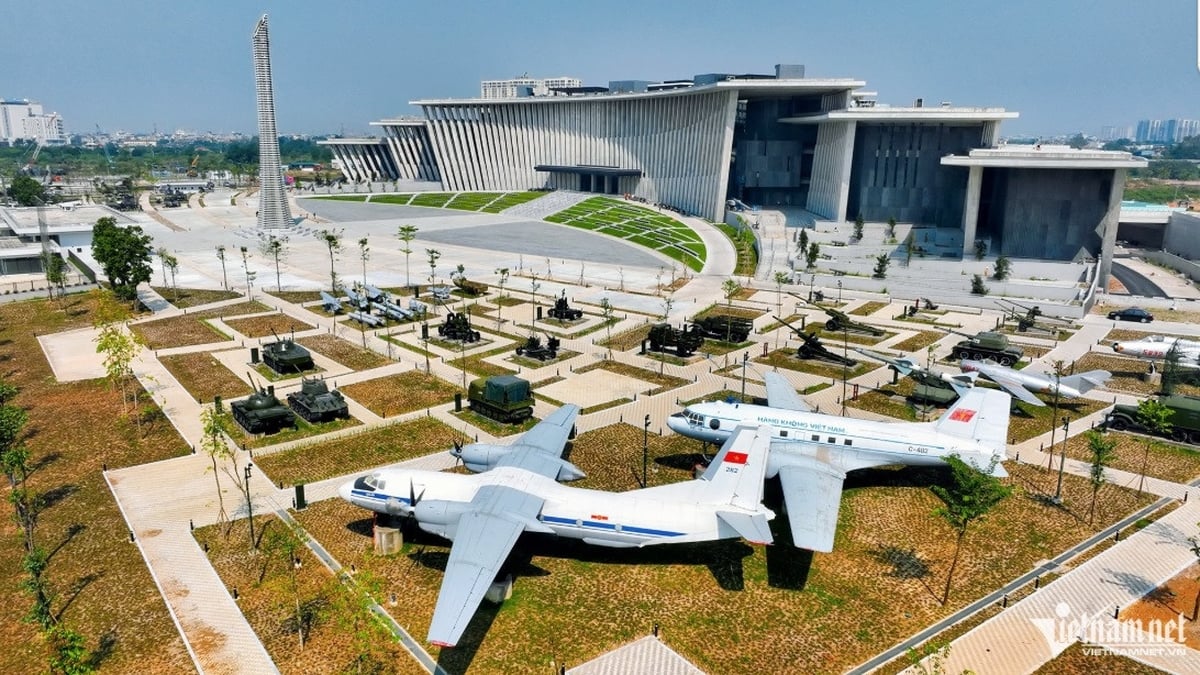






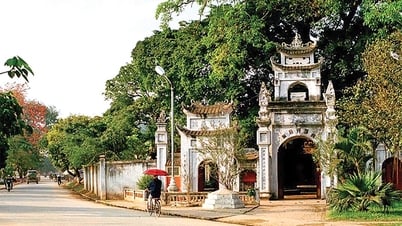



















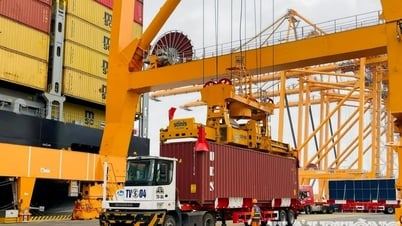








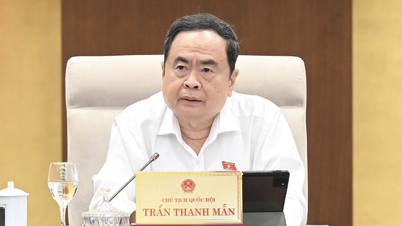






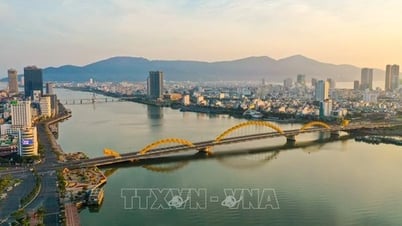


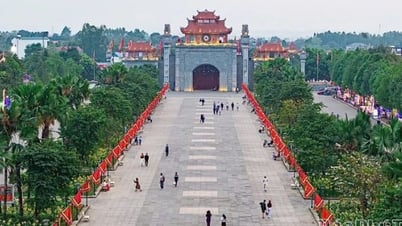



















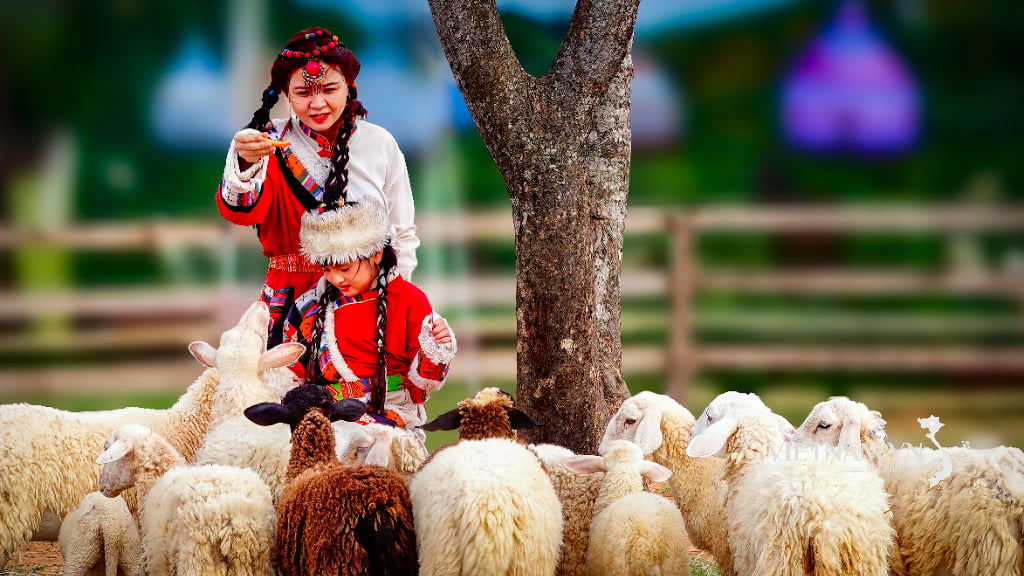

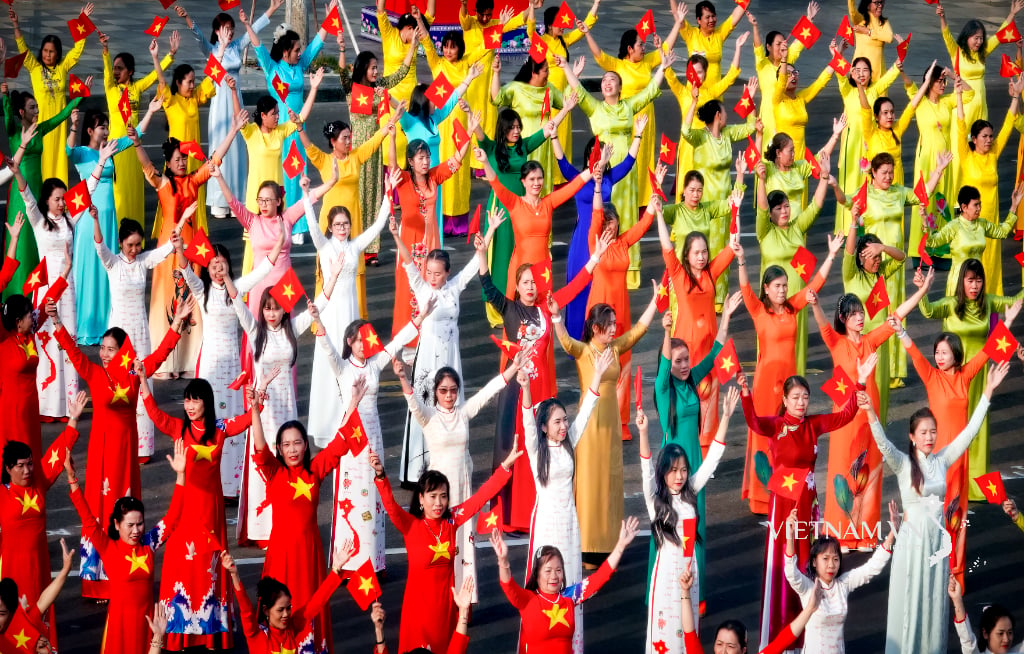

Comment (0)